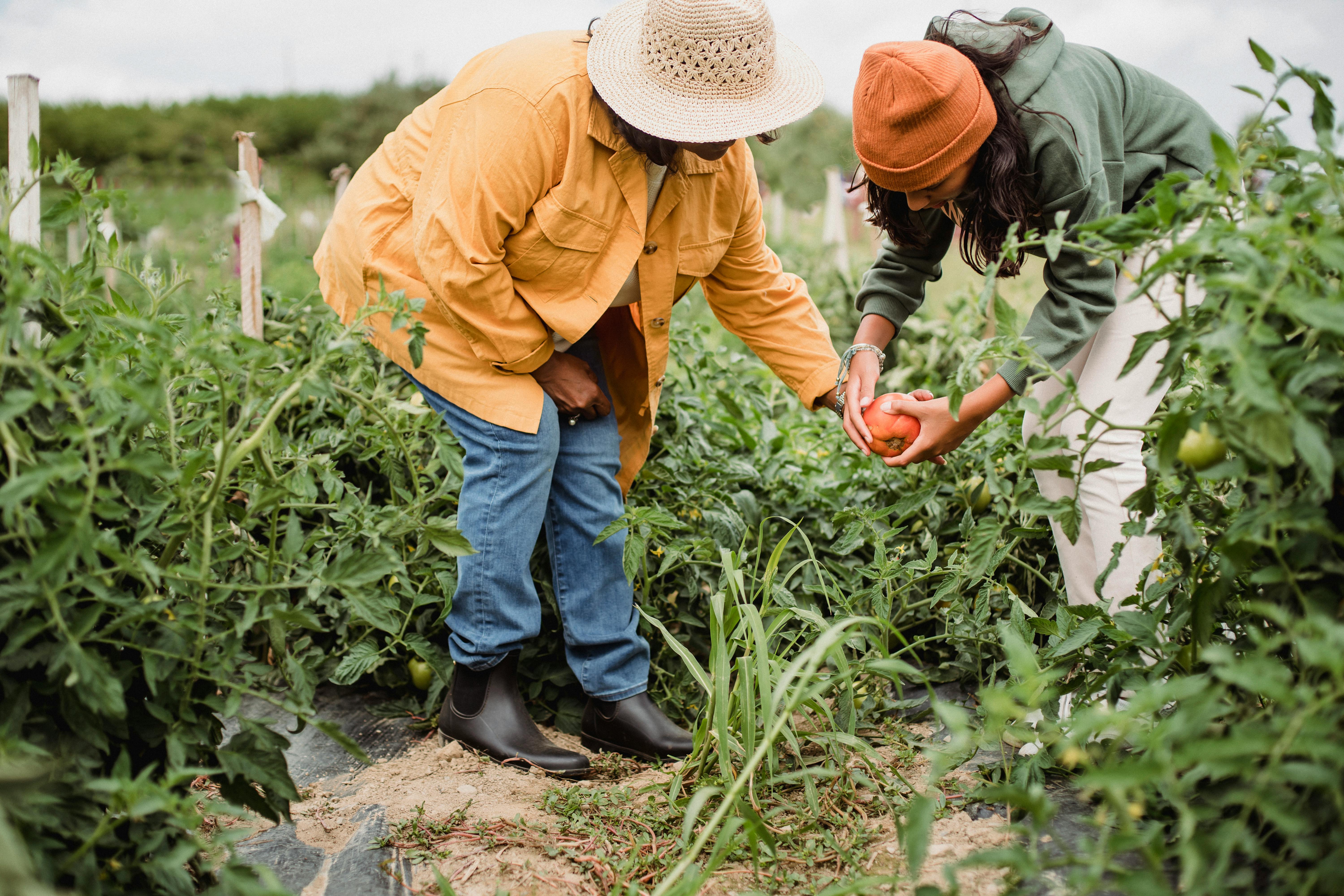The Life-Giving Role of Field Work in Biology Courses

Summary: Explore how hands-on fieldwork in biology courses breathes life into learning, fostering deeper understanding and engagement with the natural world. Discover the transformative power of outdoor education!
Date of publishing: February 28, 2024
Biology 228 at the University of Saskatchewan stands as a testament to the enduring value of field work in higher education. After a 10-year gap and a reduction in field components, this course which serves approximately 140 students has re-embraced experiential learning, recognizing its profound impact on student development. Led by seasoned lab educator Scott Halpin, whose expertise spans four decades, Biology 228 exemplifies the transformative power of hands-on experiences. By venturing outdoors, students transcend traditional classroom boundaries, cultivating a deeper connection with nature and their academic pursuits.
Key Take-Aways
-
Field work fosters transformative experiences for students.
-
It cultivates systems thinking skills by nurturing observation, ecological literacy, and a deeper appreciation for nature.
-
Unforeseen variables highlight the importance of resilience and adaptability in learning experientially.
The logistics of orchestrating field trips necessitate meticulous planning and coordination. From equipment preparation to teaching assistant training, each detail is coordinated. For each field trip, Scott needs to do a site visit on his own, then with the lab staff, and finally with the students. Three visits for one student experience! However, feedback from students underscores the profound impact of these excursions, with overwhelming positivity from learners.
The rationale behind incorporating field trips extends beyond mere exposure to natural environments. It fosters a paradigm shift, encouraging students to perceive the ecology all around them, intricately interwoven with their daily surroundings. The pedagogical framework of BIOL 228 extends beyond mere outings; it embodies a scaffolded approach to skill development.
First, through a guided walk to the nearby valley of the South Saskatchewan River, students develop observational skills and ecological literacy, nurturing a profound appreciation for nearby nature that can serve them in their daily life. Even knowing the names of the species around oneself helps one feel safety and connection to the place – a better learning environment by knowing it! This also serves as an opportunity for students to test their outdoor gear – do they have the right shoes, pants, etc. to comfortably stay outdoors for multiple hours on future trips further afield? Scott sends multiple email reminders and includes information on the lab handouts to remind students of all the little details.
From there, students move to visiting Beaver Creek Conservation Area. Here they cycle through five stations set up by teaching assistants and lab instructors. This allows students to learn about different ecosystems, types of monitoring tools, and practicing skills both aquatic and terrestrial. Students have partial notes to complete through the day, allowing a guided learning experience. This is followed by lab quizzes to solidify learning upon return to the classroom.
Following the short river experience and the longer grassland visit, students visit the Kernen Prairie site, where they finally get to practice hands-on fieldwork skills including taking samples and counting plant species. Some samples are taken back in the lab where students complete lab exercises using their own samples, honing their field work and laboratory skills across diverse environments. This introduces variables and thus valuable exposure to complexity in field work for students as well. How do we know we got a good sample? Did it work for the lab exercise? What difficulties did we encounter? This is a good opportunity for reflective learning with students.
However, the unpredictability of sampling carries over into the experiences as well – nature occasionally presents challenges, as exemplified by the unforeseen bus scheduling conflicts to get to the final site visit at Pike Lake. They had to cancel the trip for safety reasons so Scott and his team had to adapt and find an alternative lab study. Such adaptability underscores the importance of contingency planning and flexibility in educational endeavours. Scott substituted in a lab exercise based on a lake in the northern Arctic, so it proved beneficial to show students this remote aquatic data set, even if they didn’t get to collect it themselves. When he couldn’t go out into the world, he brought the world in.
Key Considerations for Planning Fieldwork:
-
Prior Planning: Site visits by the instructor and the instructional team are necessary.
-
Contingency Planning: Anticipate risky areas. Identify shelters and toilet facilities.
-
Flexibility: Flexibility is key, be ready to adapt to unforeseen circumstances.
By fostering a culture of adaptability and resilience, instructors empower students to navigate unforeseen challenges with poise and resourcefulness. By embracing the principles of place-based learning and experiential inquiry, educators empower students to become stewards of the environment and architects of their own learning journey.
This article was significantly revised from a draft generated with the aid of ChatGPT 3.5 from notes taken by Aditi Garg in conversation with Scott Halpin.
This resource is shared by Aditi Garg at the Gwenna Moss Centre for Teaching and Learning (GMCTL), University of Saskatchewan, under a CC BY-NC-SA license
Keywords:
#Experiential Learning
#Authentic Tasks
#Course Design
#Place
Photo by Zen Chung from Pexels: https://www.pexels.com/photo/anonymous-local-female-farmers-picking-vegetables-during-harvesting-season-in-garden-5529604/
